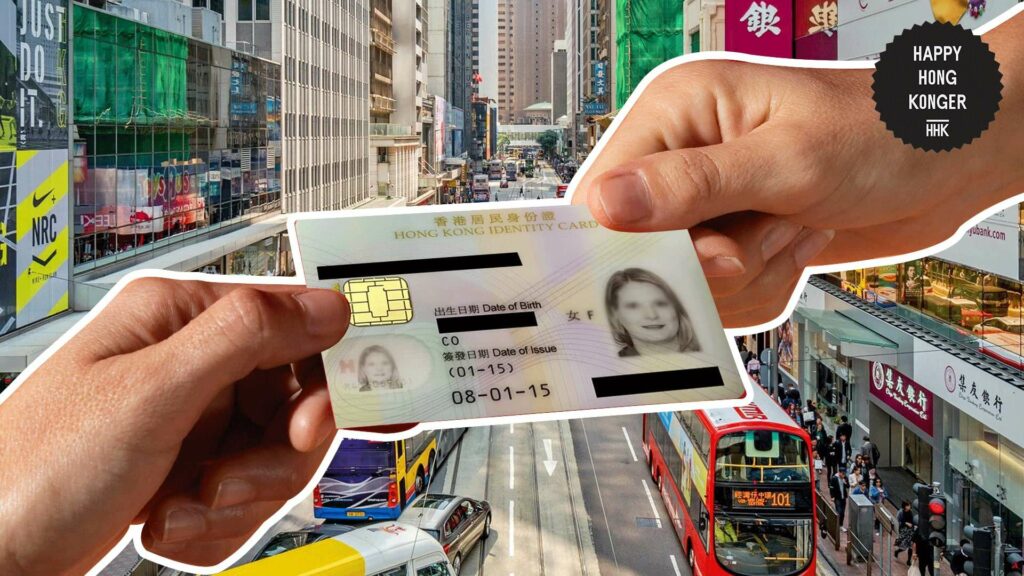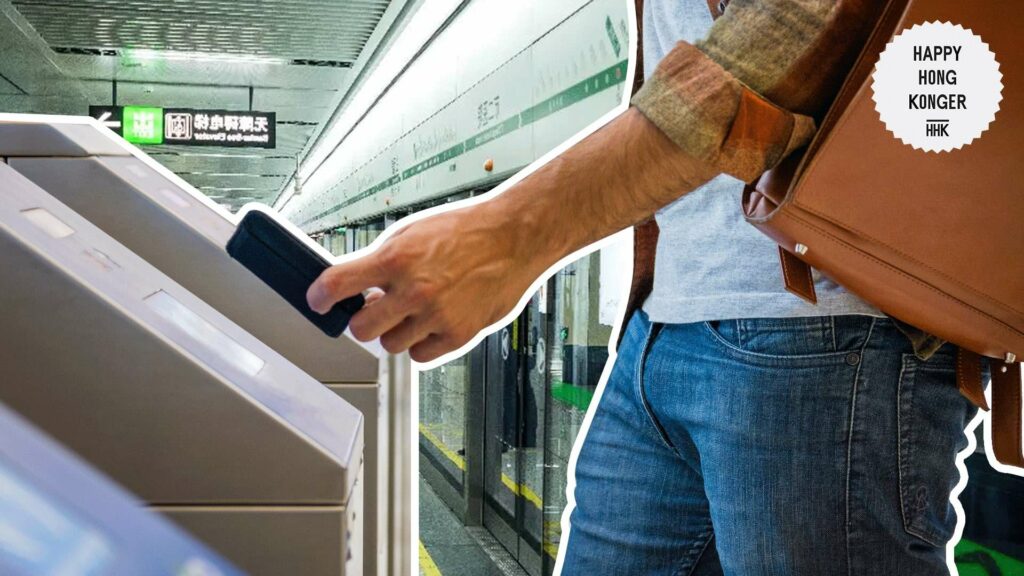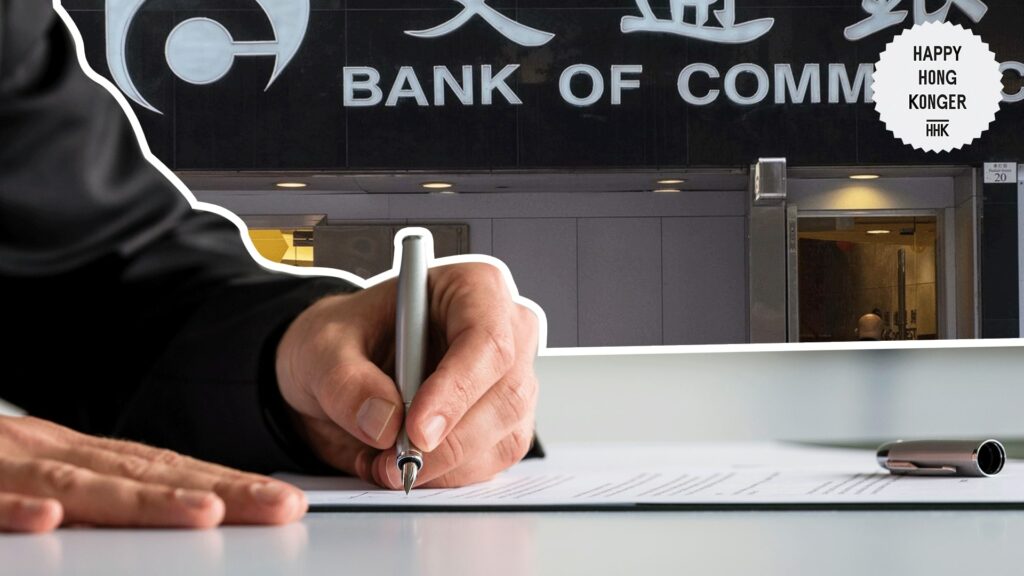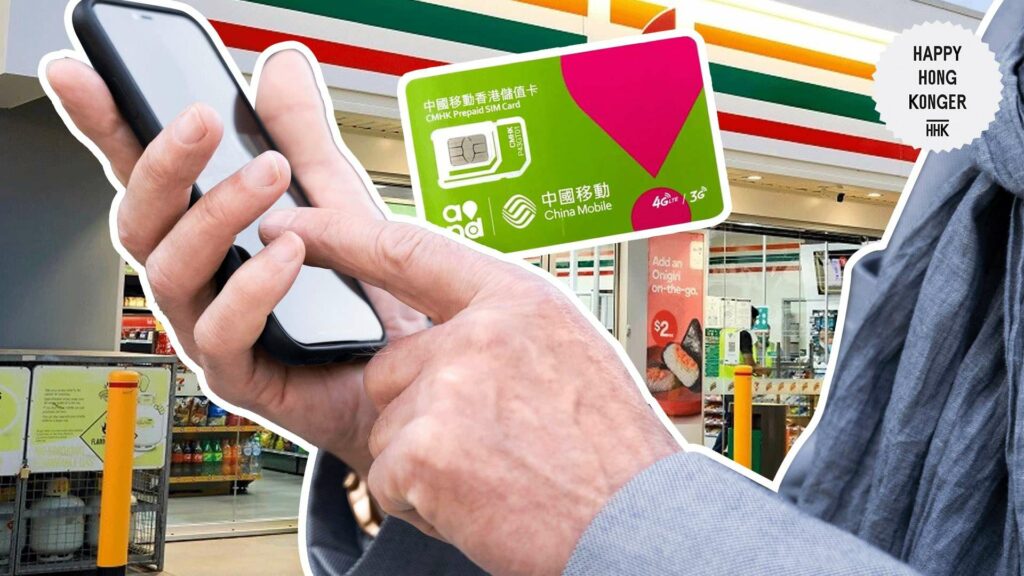Categories > Guides and Tips

How can I live in Hong Kong? Your Ultimate Checklist
Considering a move to Hong Kong?
We can’t blame you – it’s an incredible place to live, and we take pride in that fact. With an abundance of activities, diverse cultural experiences, an array of attractions, and a vibrant food scene, there’s every reason to call this city home.
But moving in does require a bit of prep, naturally. Luckily for you, our checklist is here to guide you on how to navigate a move to Hong Kong!
How can I live in Hong Kong?
To live in Hong Kong, you need to apply for the appropriate visa, find suitable accommodation, and settle into life by obtaining essential documents and services.
No sweat! We’ve got your back with a checklist to sort you out and help you dive into everything this awesome city’s got going on. Good luck settling in!
1: Apply for a visa

Before you jet off to Hong Kong, you’ll need to sort out your visa game plan. Here are the main ones you should know about:
- Working Visa: The go-to for employment, best sorted by your company before you even land. You’re not allowed to work without it, but you can hustle to get it sorted once you’re in town.
- Family Visa: If you’re hitched and bringing your better half or kids, you can go for the dependent visa. It’s for immediate family members of someone with a valid Hong Kong work, investment, training, study visa, or a permanent resident.
- Self-Employed/Investor Visa: Fancy starting your own business? There’s a special visa for investors looking to make a mark in Hong Kong. You’ll need a sponsor and proof that your business will boost Hong Kong’s economy.
Make sure to fill out the right application, attach necessary documents (translated if not in English or Chinese), and have a valid travel document from your home country.
Submit your visa application directly to the Hong Kong Immigration Department or your nearest Chinese mission. If you’re living on the Chinese Mainland, hit up the Immigration Division in Beijing.
2: Get a Hong Kong ID card

Once you’re in Hong Kong on a legit visa and planning to stick around longer than 180 days, it’s time to get yourself a non-resident Hong Kong ID card.
No hoops to jump through or cash to dish out— just register within 30 days of arrival.
Check out the Immigration Department’s website for details on where to apply (Hong Kong Island, Kowloon, Kwun Tong, Fo Tan, Yuen Long).
Permanent Resident ID
Feeling the Hong Kong vibe and want to make it official? There’s a Permanent Resident Hong Kong ID that comes with perks like voting and long-term residency.
But here’s the catch – it takes time (of course). You’ll need to have lived in Hong Kong for seven years, show you’re making enough cash, and prove your family’s been hanging around too.
3: Research where to live

If you’re settling down in Hong Kong, scouting for a place to live is your next mission. Brace yourself – accommodation here is hot property and can burn a hole in your wallet.
Rent for a one-bedroom pad in Kowloon and the New Territories is around HK$30,000 per month, to give you an idea.
But most expats dig spots like Mid-Levels or Discovery Bay. These places are top picks for families, thanks to their proximity to expat schools and communities. But be ready to drop HK$40,000- $50,000 monthly for a three-bedroom setup.
How to hunt for a place? Hit the online listings or scope out the local newspaper classifieds to talk turkey with owners directly.
Another option? Get yourself a licensed real estate agent. If you’re not a Hong Kong housing guru or don’t speak much Chinese/Cantonese, they’ve got your back.
You can buy property too, though prices are climbing. But if your pockets are deep (so jealous, by the way), you’re pretty much good to go!
4: Get yourself an Octopus card

An Octopus card is a must-have in Hong Kong. It’s a handy card that works wonders for public transport, parking, and even vending machines.
You can use it at convenience stores for snacks, drinks, and other bits and bobs. Restaurants, cafes, bars, and clothing stores also accept it.
What’s neat is that you can also use it to get into places like museums, cinemas, and wonderful tourist spots in Hong Kong.
To get your hands on one, swing by MTR stations, 7-Eleven, or Starbucks to apply or add credit. Plus, there’s an auto top-up feature available.
When you’re using it, just tap, listen for a beep, and the screen will show what you spent and how much you’ve got left.
5: Set up a bank account

Getting your bank account sorted is a big deal when you’re settling in Hong Kong. It’s your ticket to handling cash flow, paying bills, and getting paid hassle-free (well you know how banks work, right?).
To get started, gather your ID proof such as:
- a passport or Hong Kong ID card
- a proof of address such as a utility bill
- your Visa
- any employment confirmation or contract if you’re working
Once you have all the necessary documents, head to a bank branch in person. They’ll hand you an application form to fill out.
After your account is set up, you’ll need to make an initial deposit. This can be done via cash, check, or wire transfer.
Quick heads-up: While online banking’s convenient, opening an account that way might have its hiccups. It’s often smoother to pop into a branch and chat face-to-face with the bank folks.
Note: Non-residents can open an account too, but it might be a tad more complicated than for residents.
6: Get yourself a mobile phone

Okay, let’s talk about staying connected in Hong Kong – your mobile phone is going to be your best buddy here. The budget-friendly way? Grabbing a local SIM card.
But here’s the deal – your phone needs to be unlocked, meaning it’s not tied to your original provider. Don’t worry, your home network can tell you if it’s locked. If it is, just swing by a mobile shop to unlock it.
You’ve got options like Fortress, Broadway, or 1O1O for buying a SIM card. But honestly, even your corner 7-Eleven’s got your back.
Now, the important bit – pick a provider with great coverage under your hood and a data plan that fits your groove. Make sure your phone plays nice with Hong Kong’s networks, and you’re golden.
7: Look up for schools

Families with kids – this one’s for you when moving to Hong Kong. Finding the right school is a big deal, and here’s the lowdown.
Hong Kong’s got a buffet of options: primary schools, local and international kindergartens, and international schools taking kids from age three to 18.
Reach out to your potential schools and get your child’s name on the list as soon as you start thinking about moving. This way, you’ll secure a spot for your little one and ensure they get a top-notch education here in Hong Kong.





